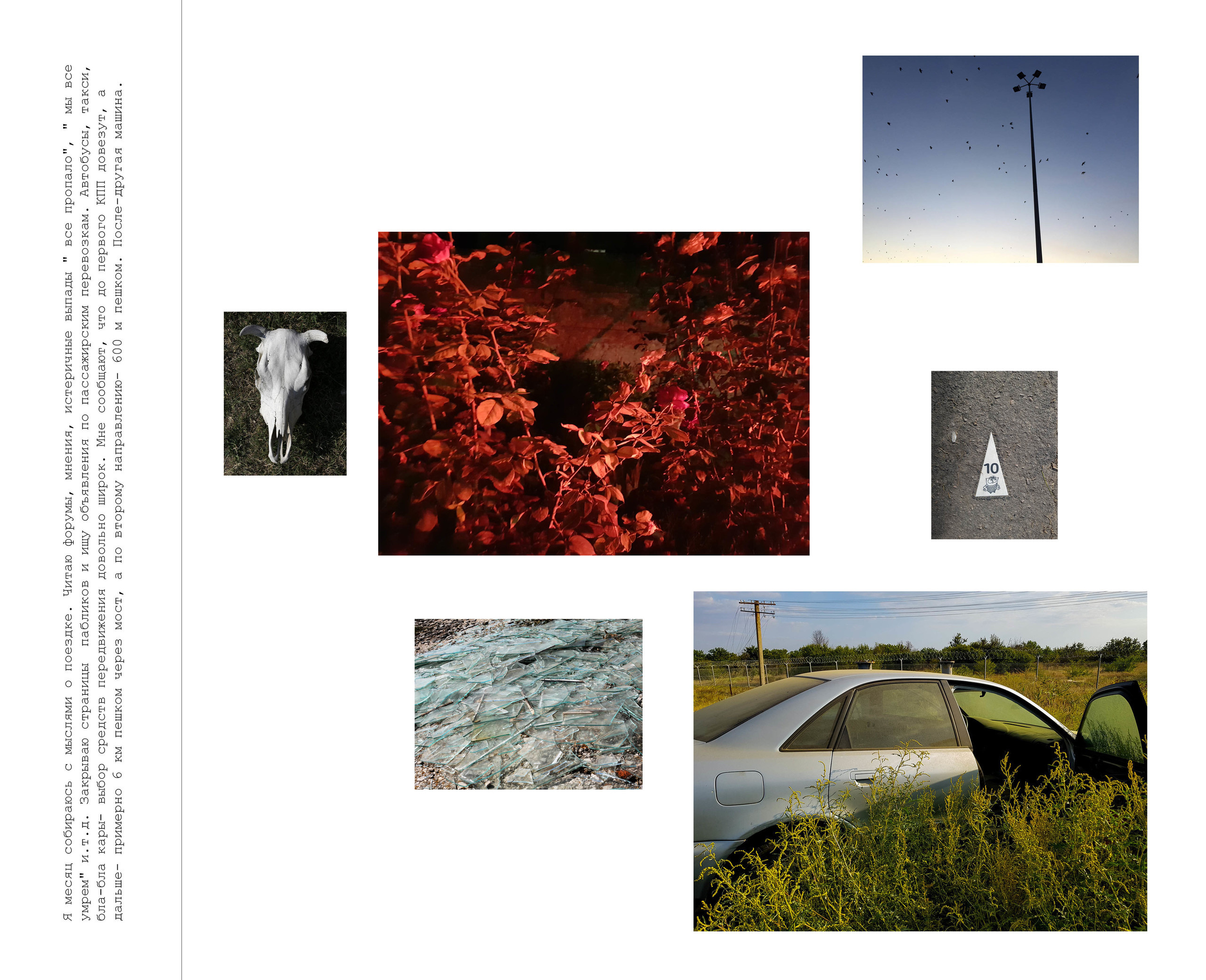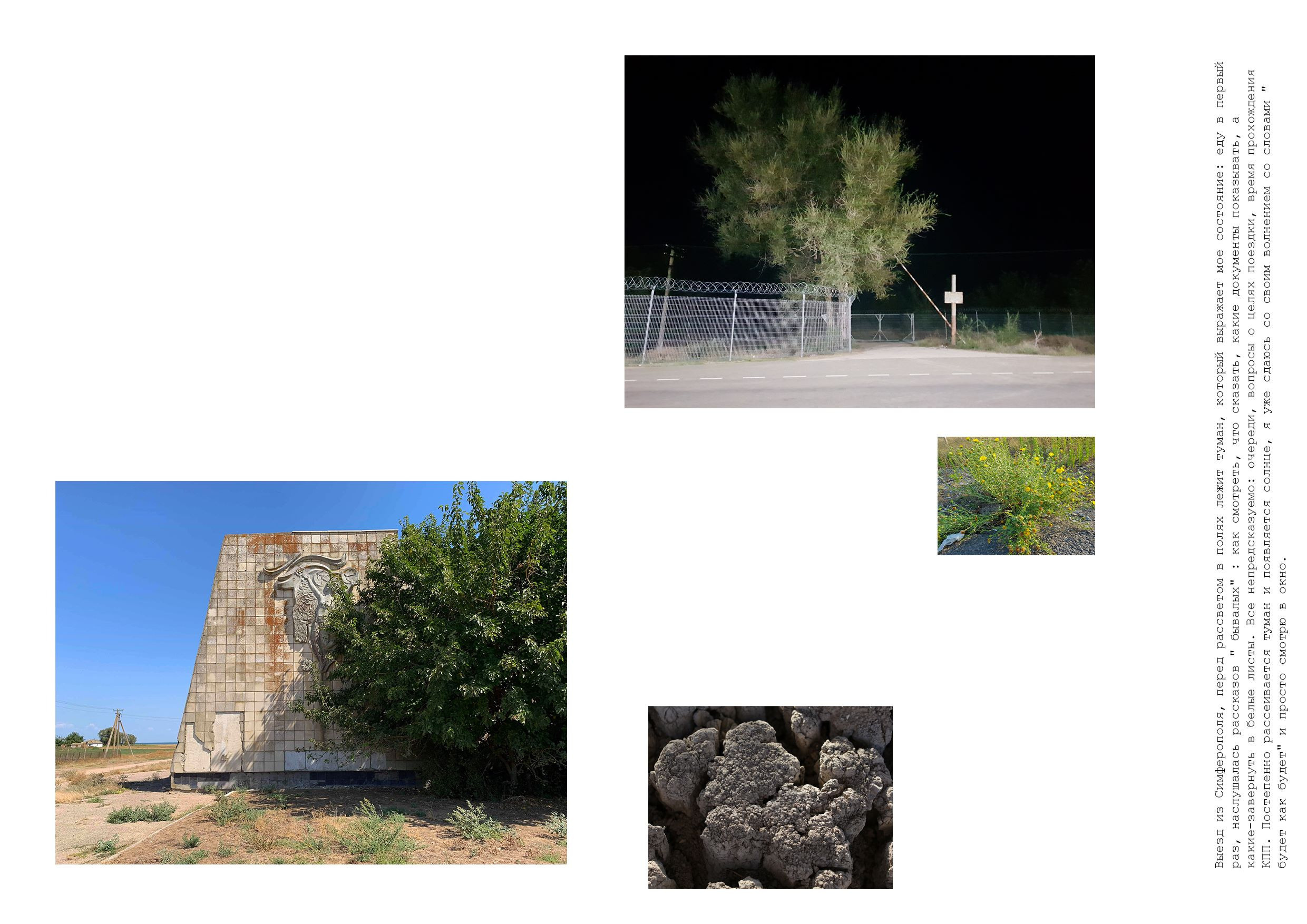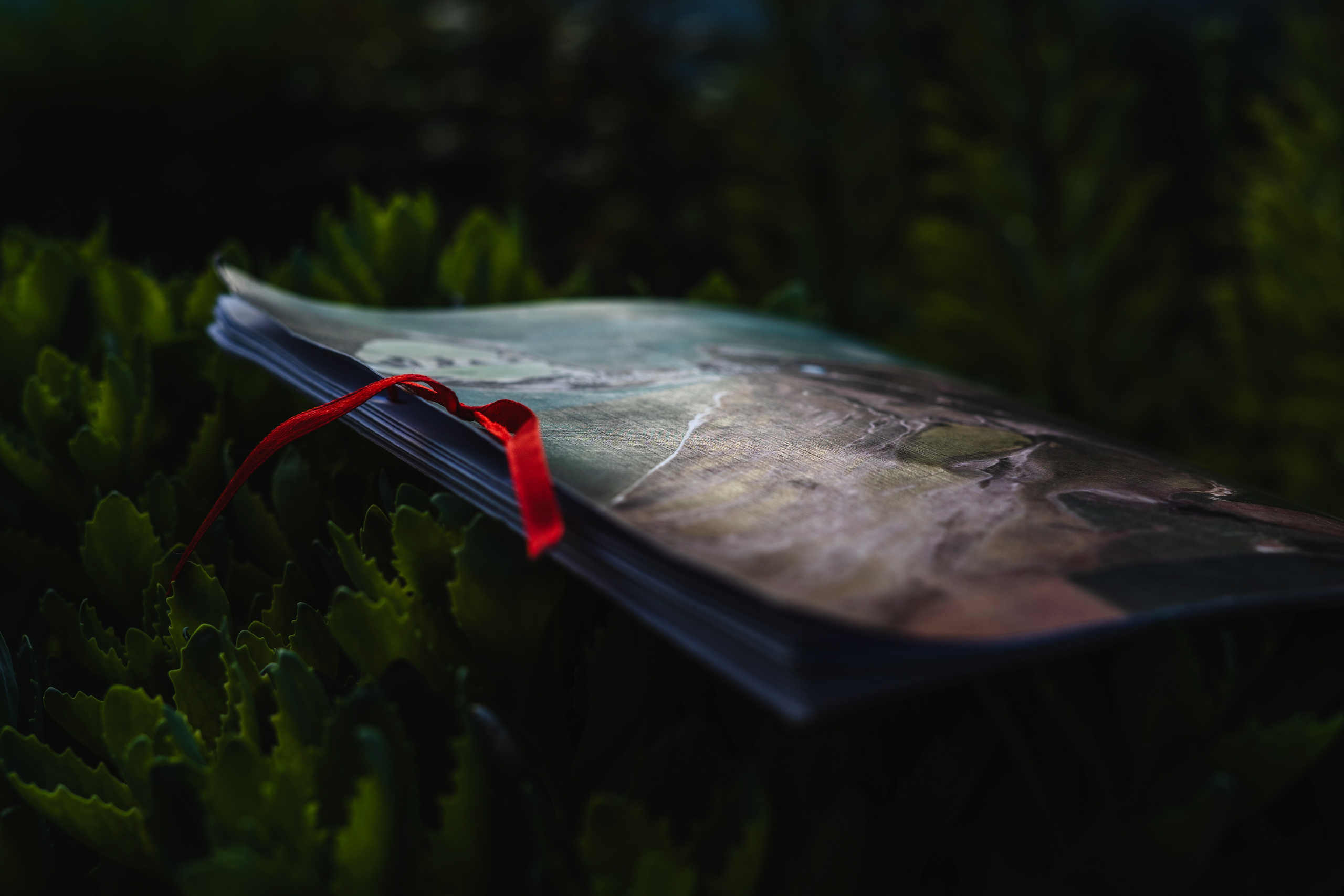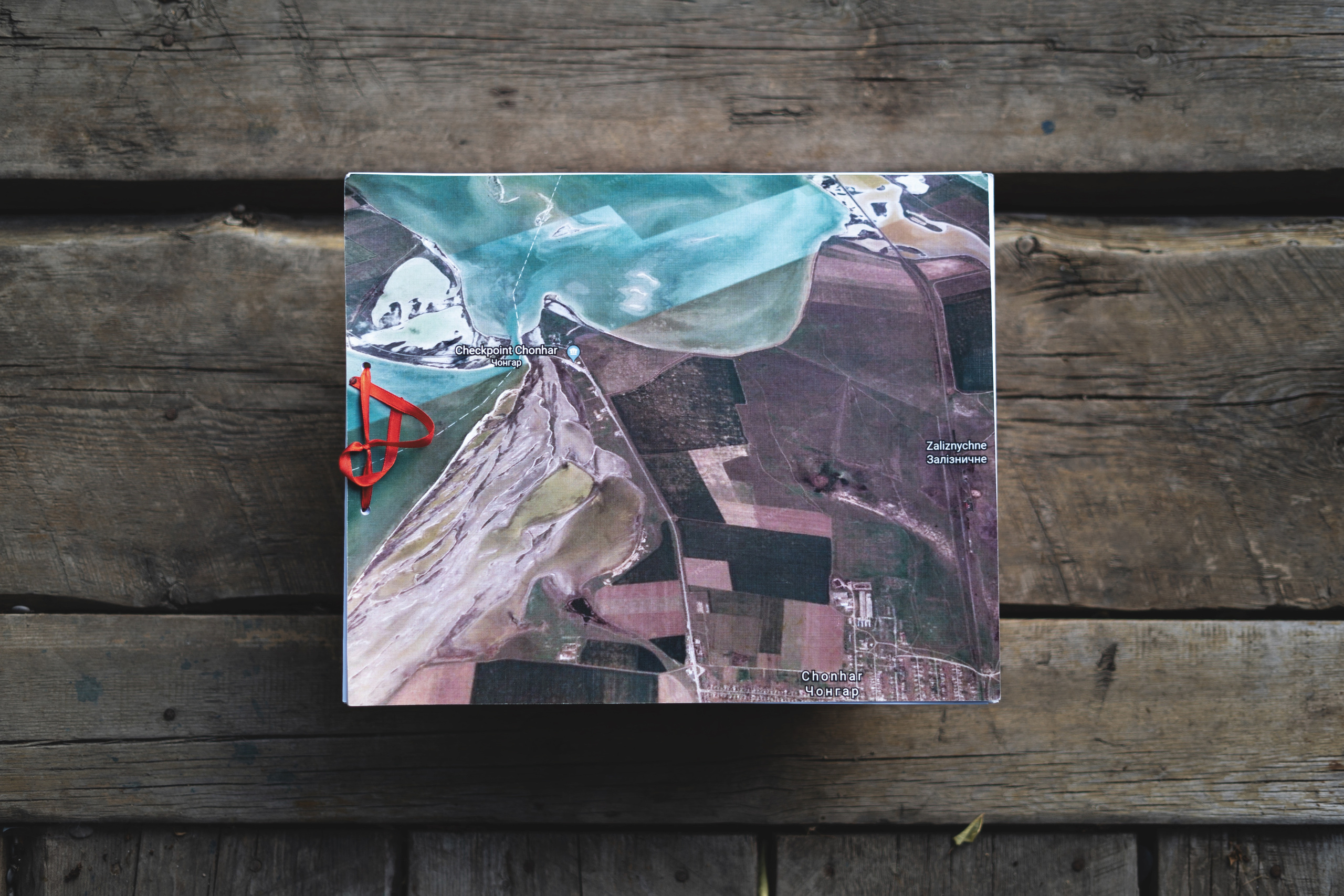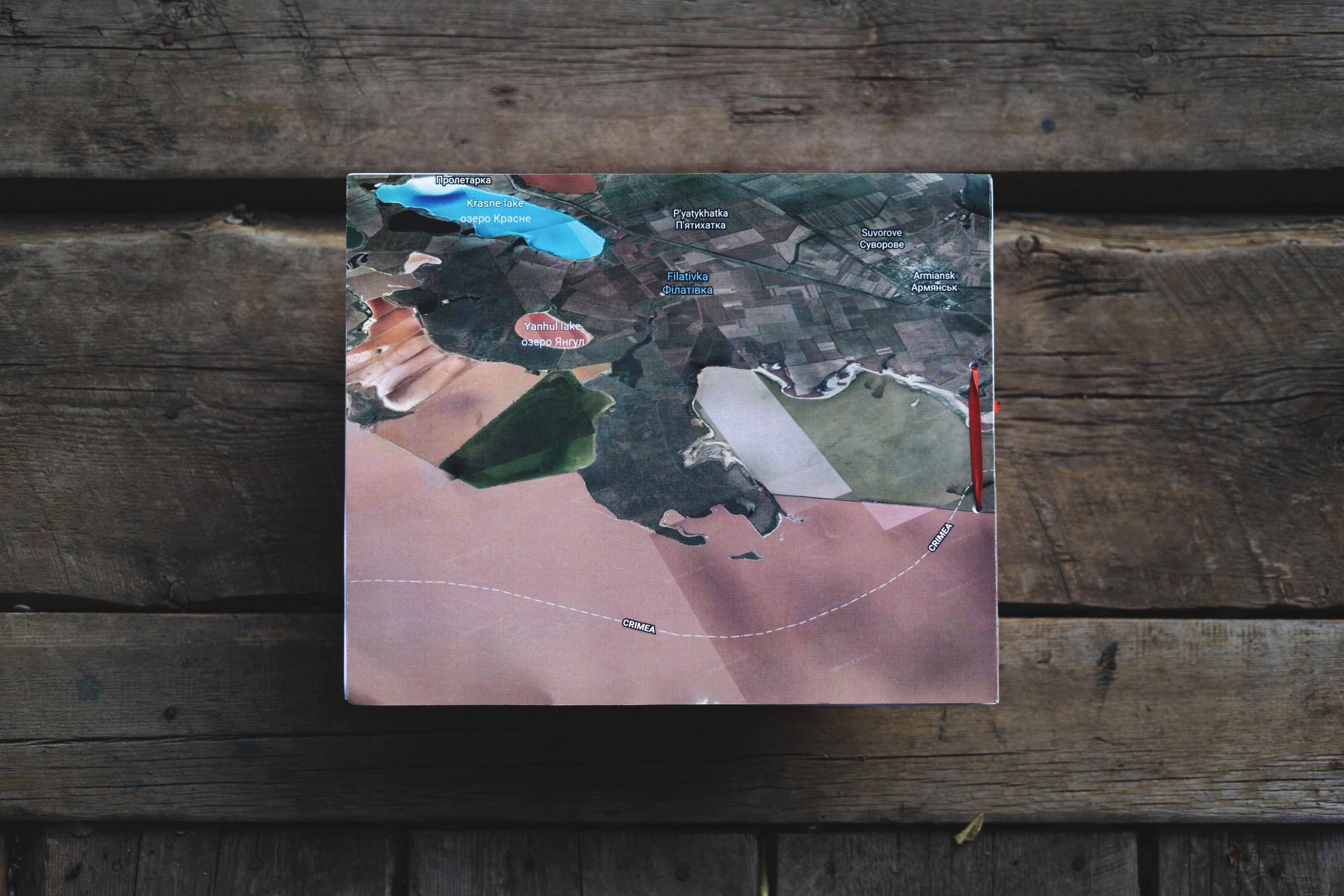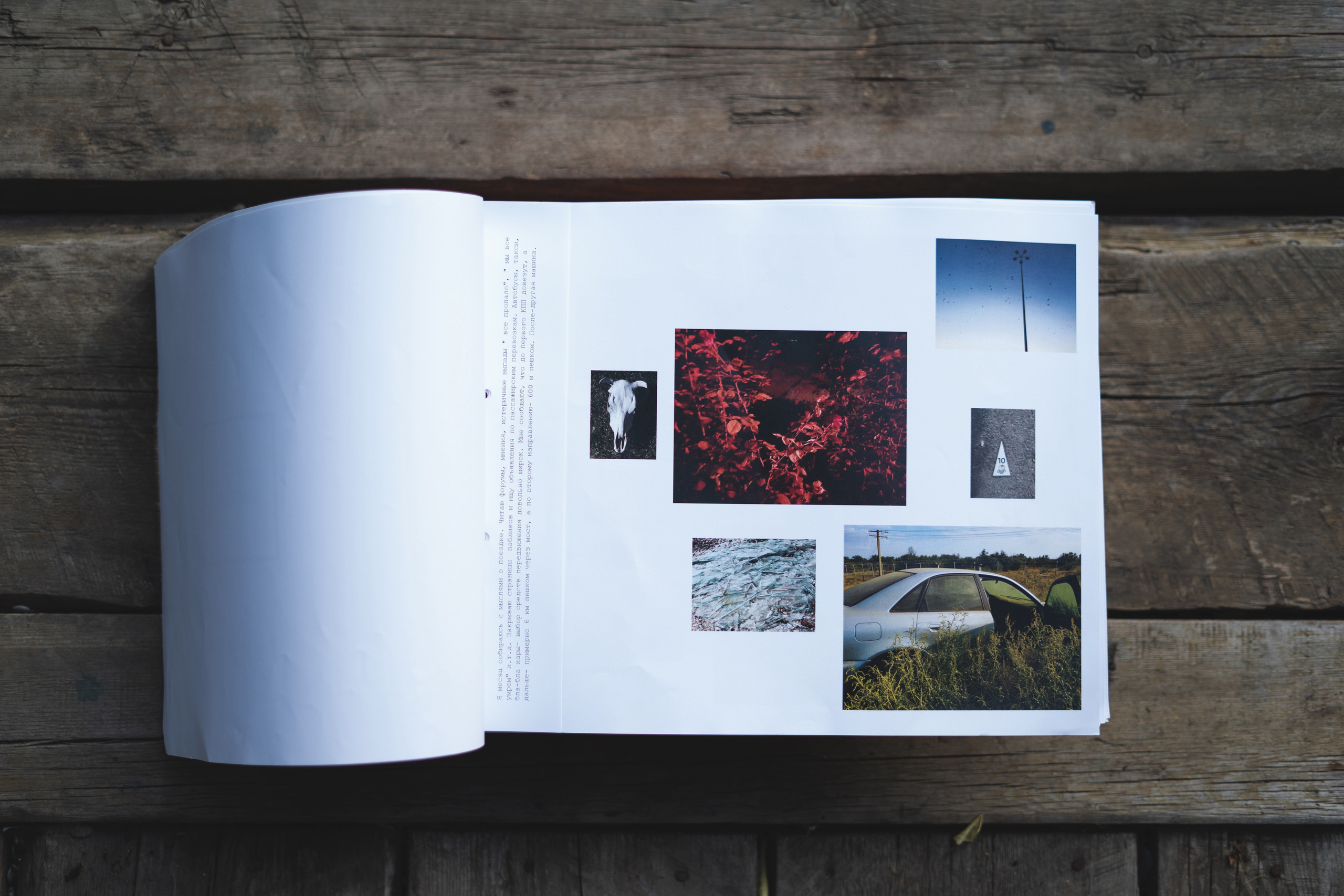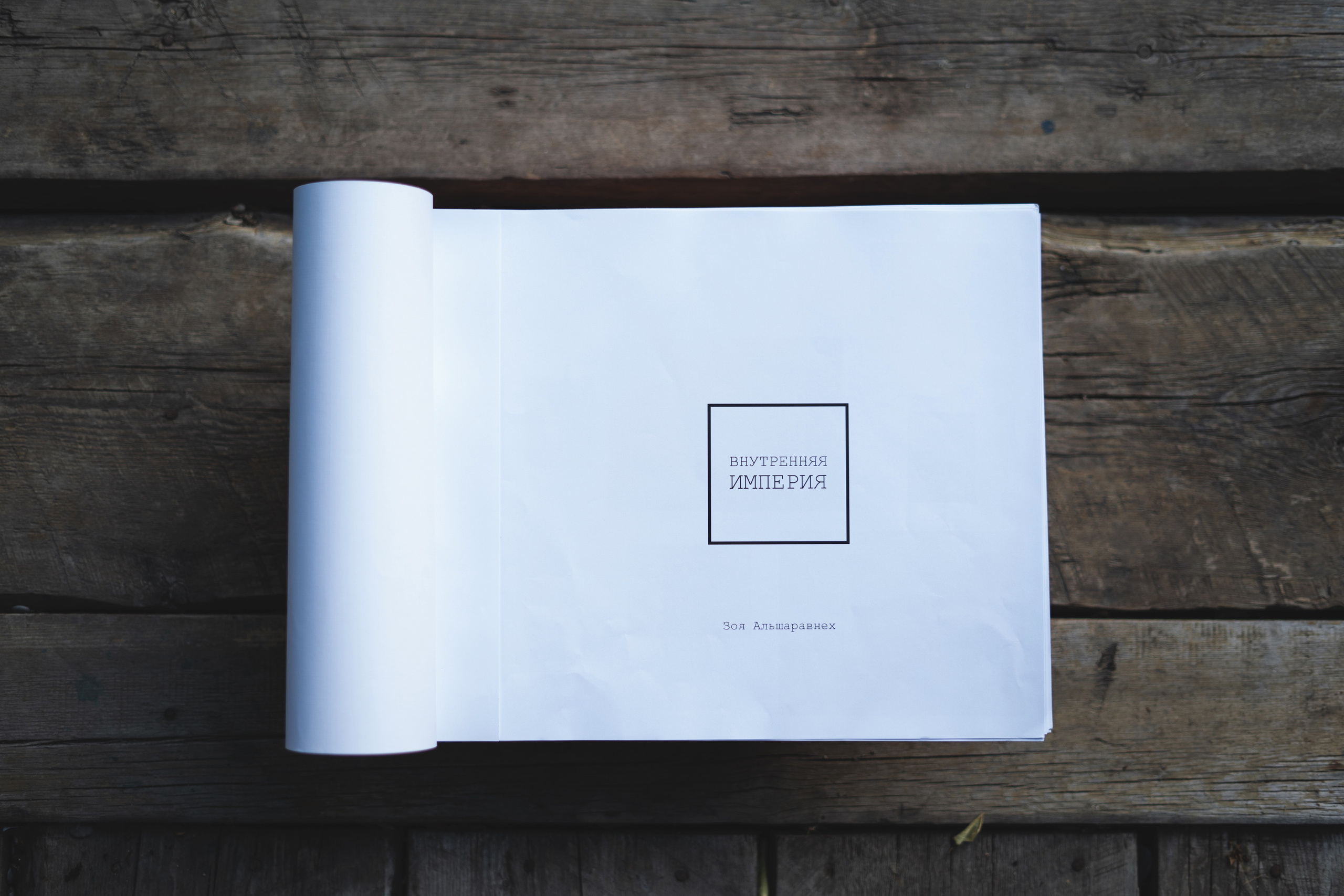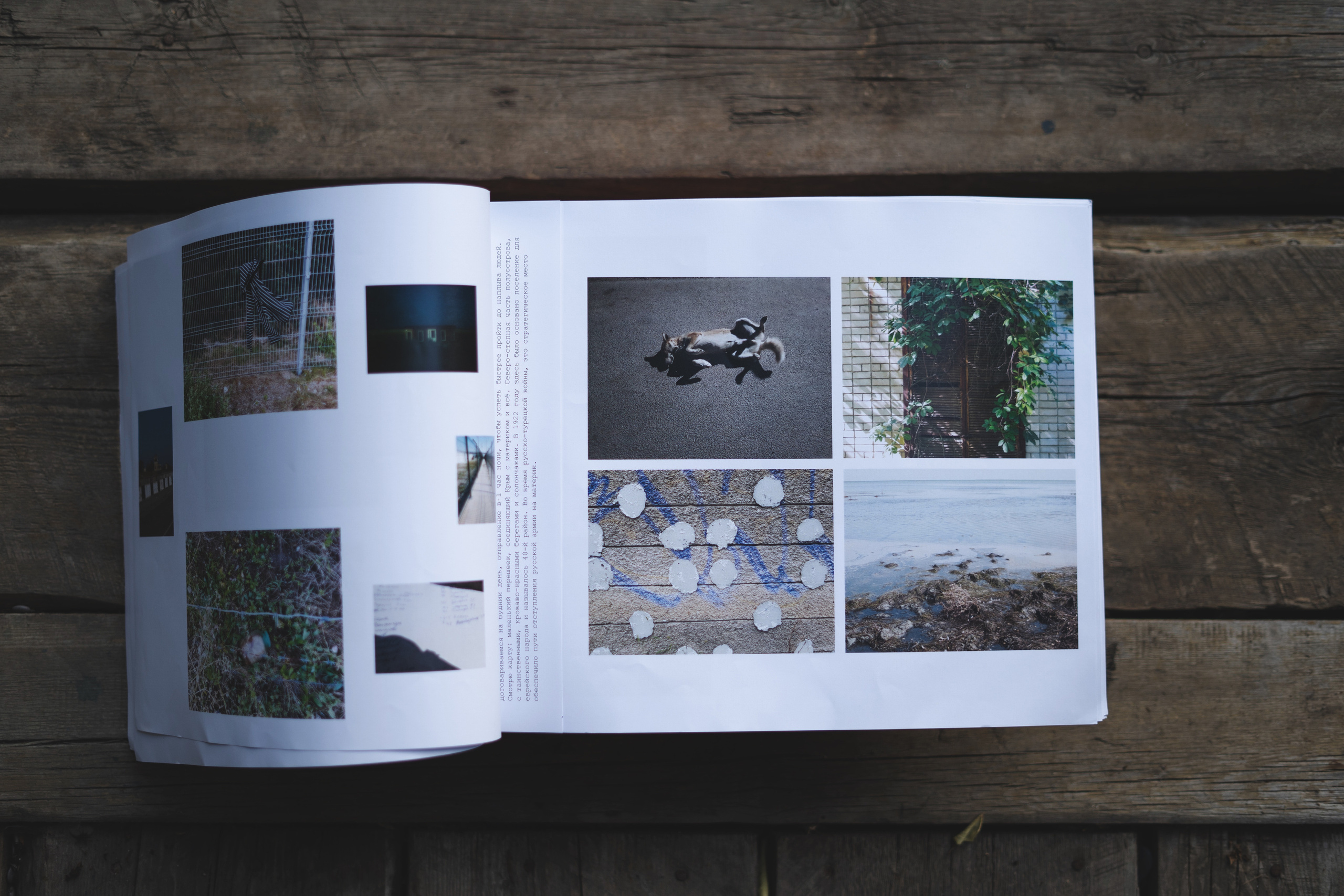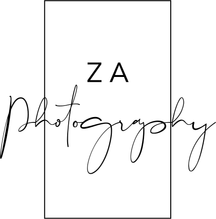Newspaper OBJECT № 4
An anthology of photographic works inspired by the magazine ВЕЩЬ (1922 № 1-2, № 3)
Idea author, curator, and designer Ekaterina Vasilyeva
“We called our review ‘Thing’, because for us art is the creation of new things… Any organized work — a house, a poem, or a painting — is an expedient thing that does not take people away from life but helps to organize it… Quit declaring or refuting — just do things”. El Lissitzky and Ilya Ehrenburg
Dummy — August 2020
Size: 30 см x 42 см
28 pages
Languages: English or Russian
OBJECT № 4 Collective:
Yulia Pavlova, Alexander Tatarenko, Olga Kardashova, Vasilisa Moiseeva, Xenia Fedorova, Lena Altshul, Anna Nazarova, Elena Govorenkova, Alla Konstantinova, Maria Kokunova, Yuriy Pavlov, Zoya Alsharawneh
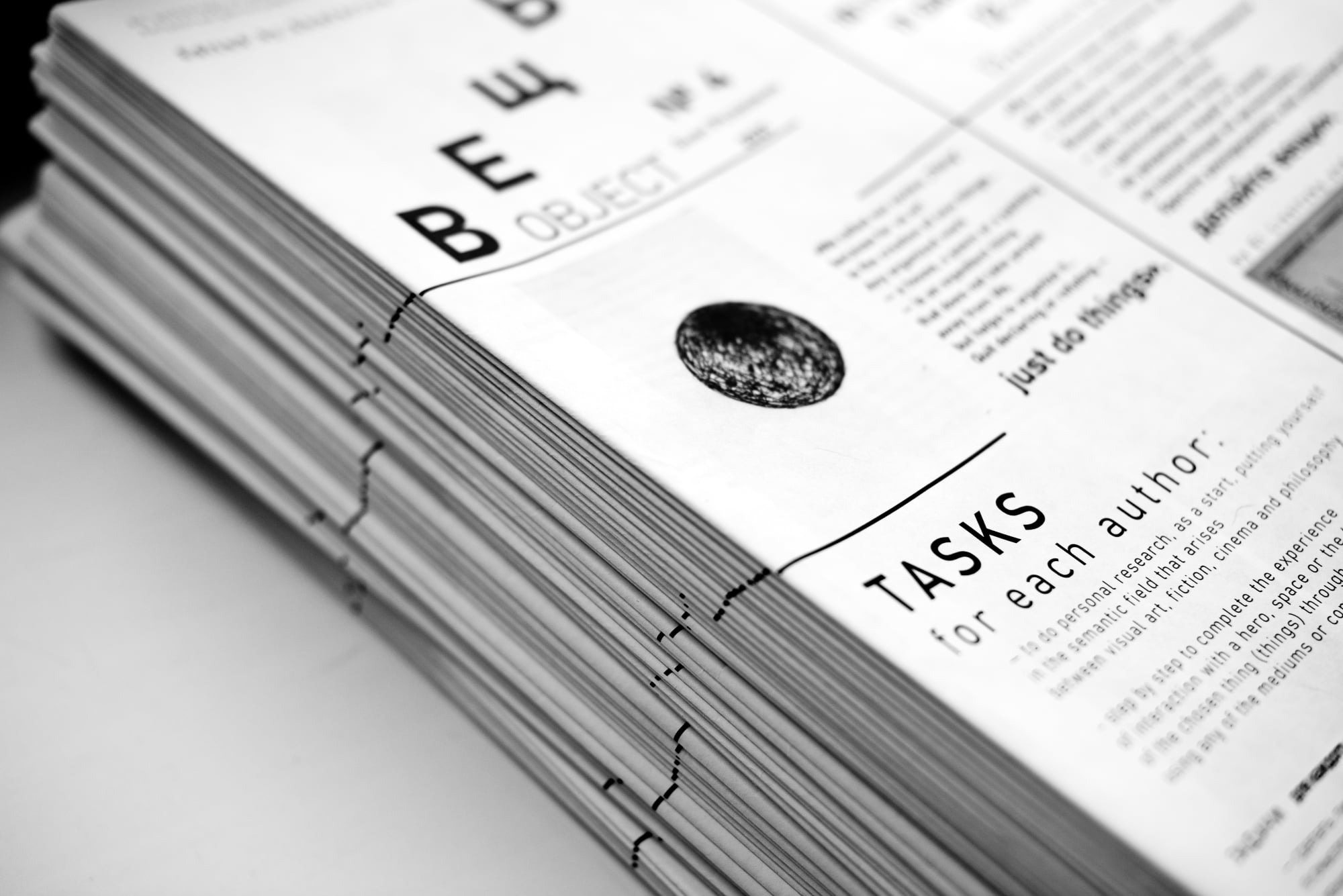
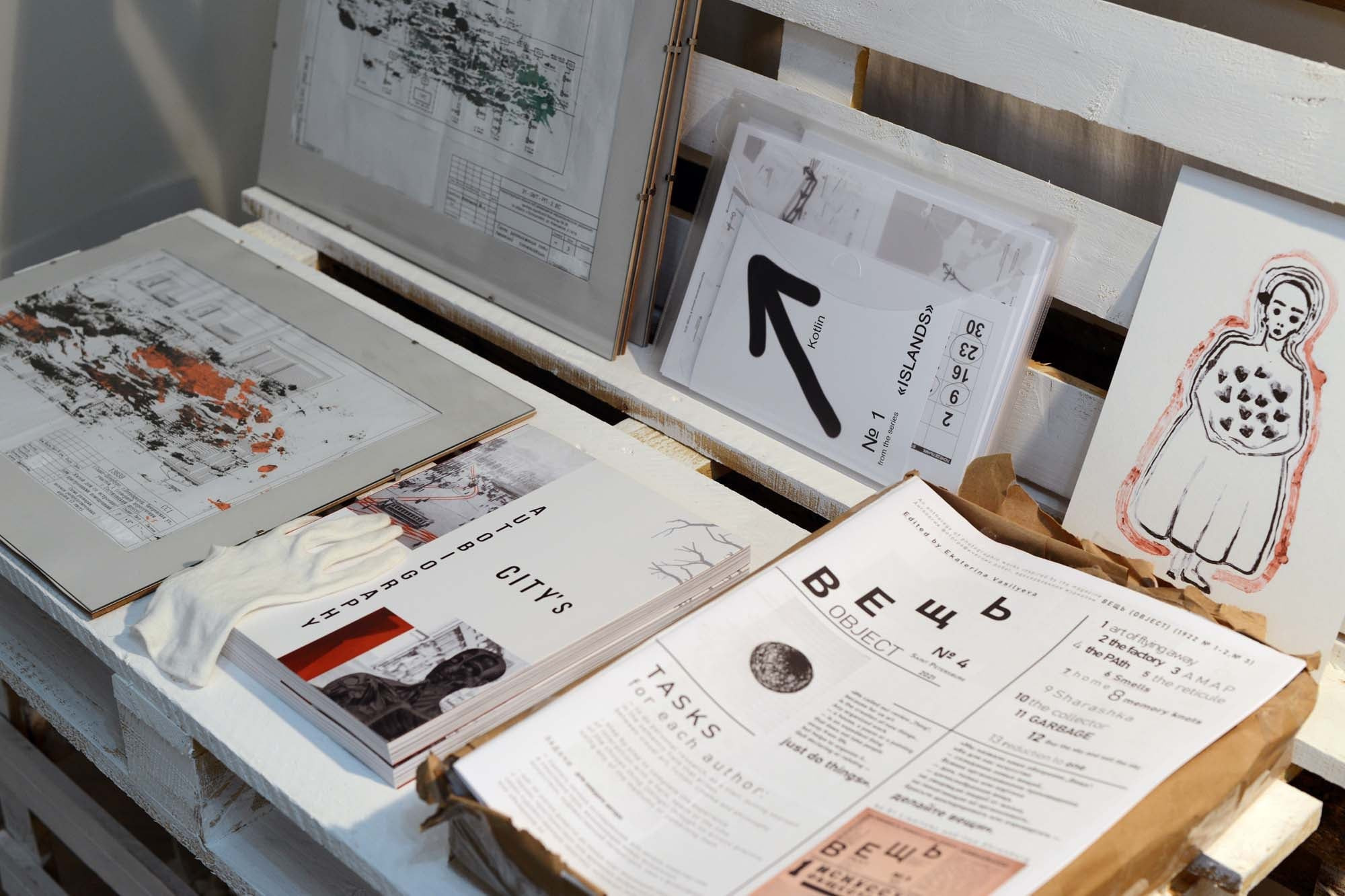
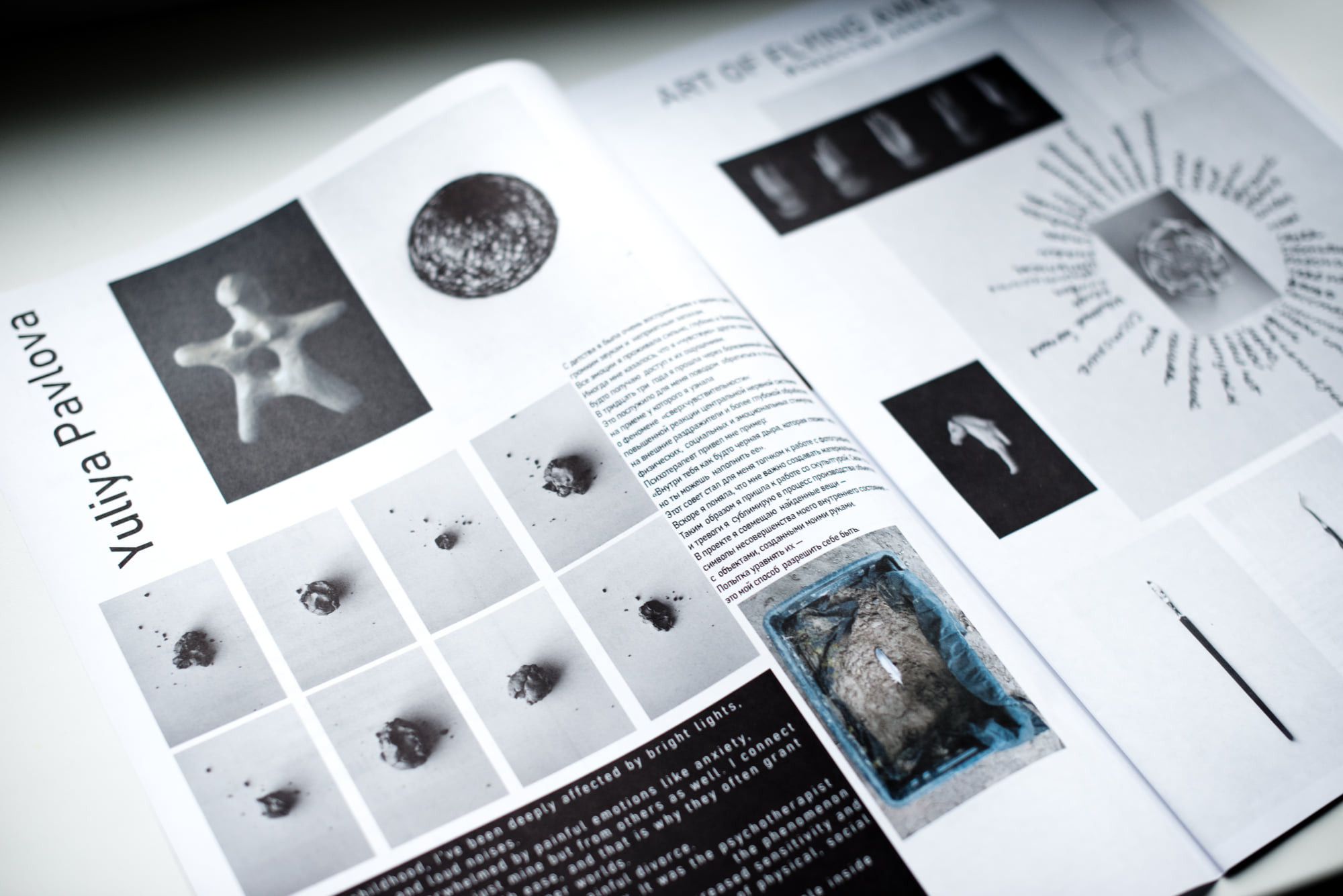

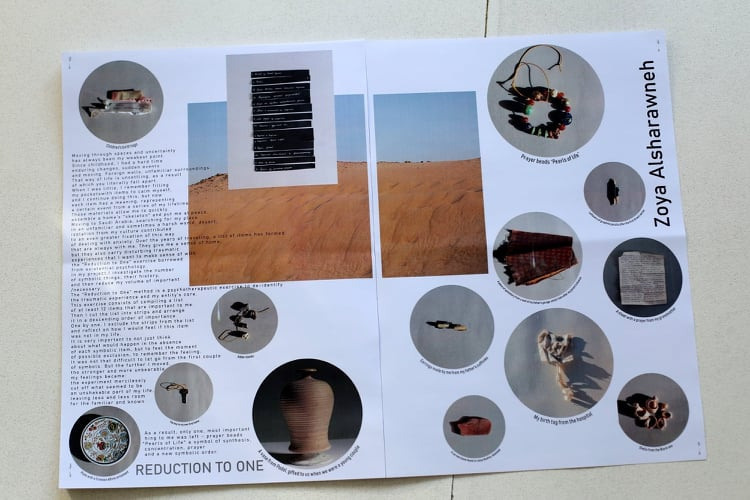
Newspaper OBJECT № 4
An anthology of photographic works inspired by the magazine ВЕЩЬ (OBJECT) (Berlin, 1922 № 1-2, № 3)
“We called our review ‘Thing’, because for us art is the creation of new things… Any organized work — a house, a poem or a painting — is an expedient thing that does not take people away from life, but helps to organize it… Quit declaring or refuting — just do things”.
El Lissitzky and Ilya Ehrenburg
For more info and order please contact at: zoyaalex21@gmail.com
The book data: 27.01.2021
Limited edition of 250 copies (numbered and signed)
Price: 25 Euros (including worldwide shipping)
Size: 30 см x 42 см
28 pages
Languages: English and Russian
Idea author, curator and designer Ekaterina Vasilyeva
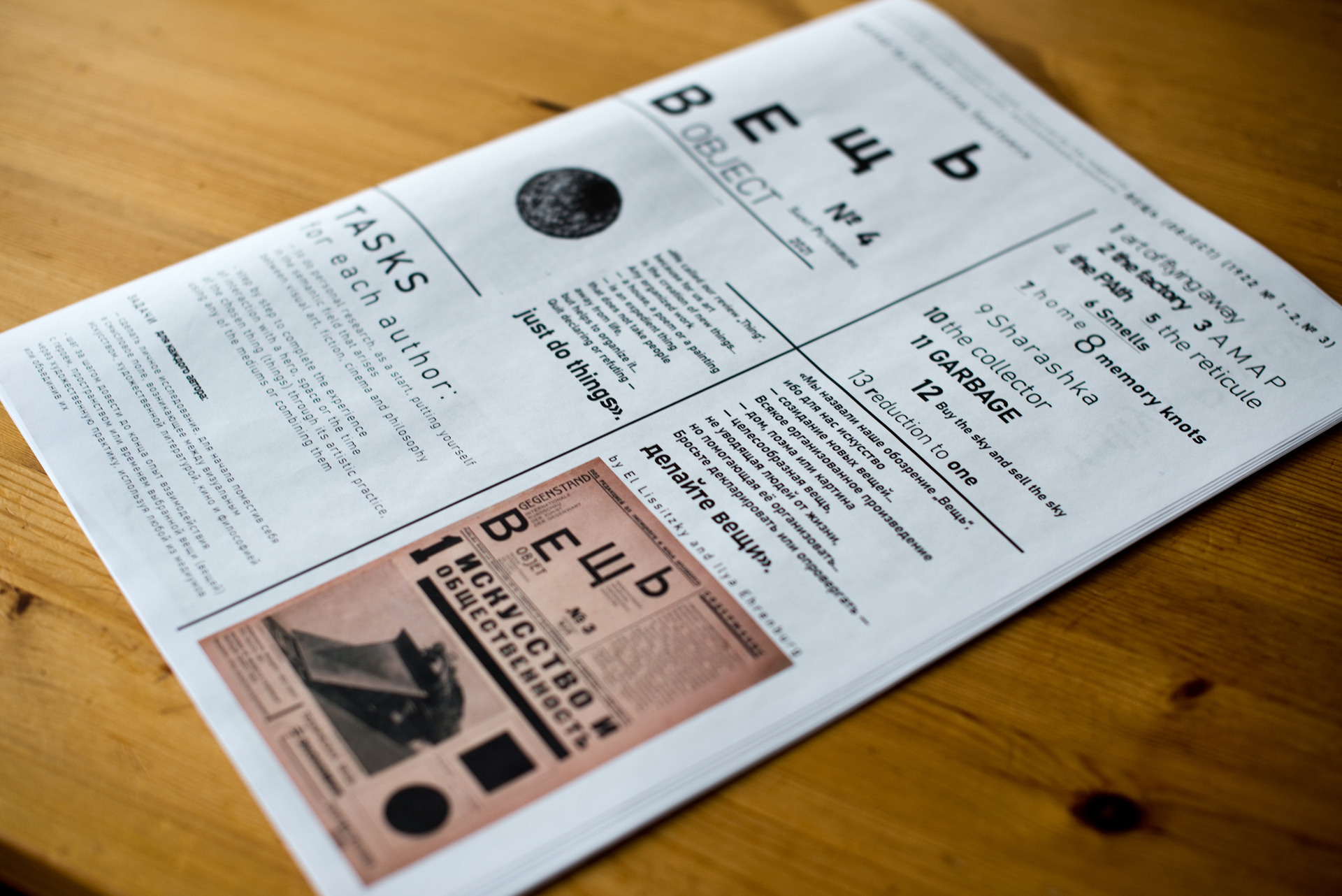
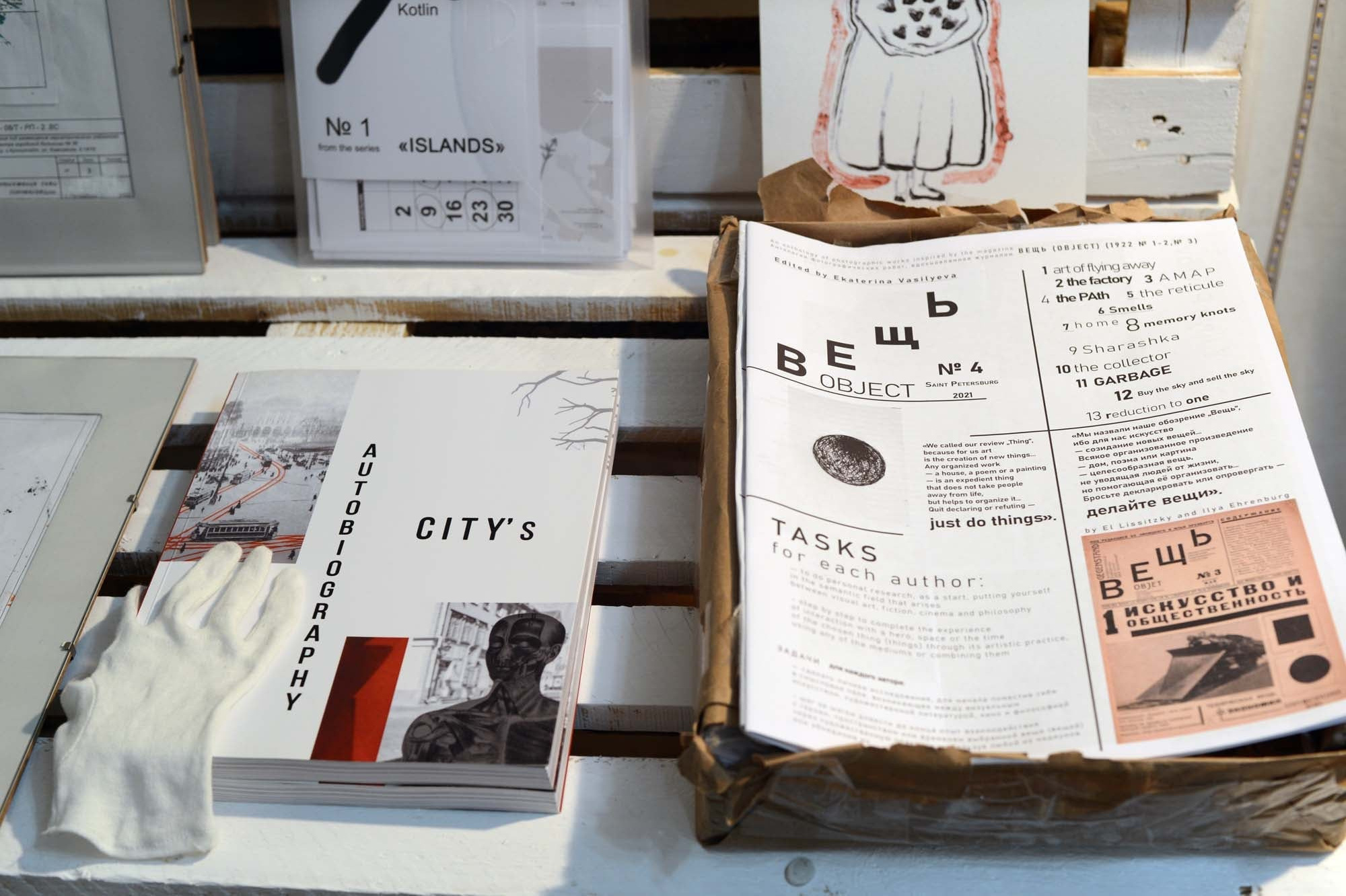
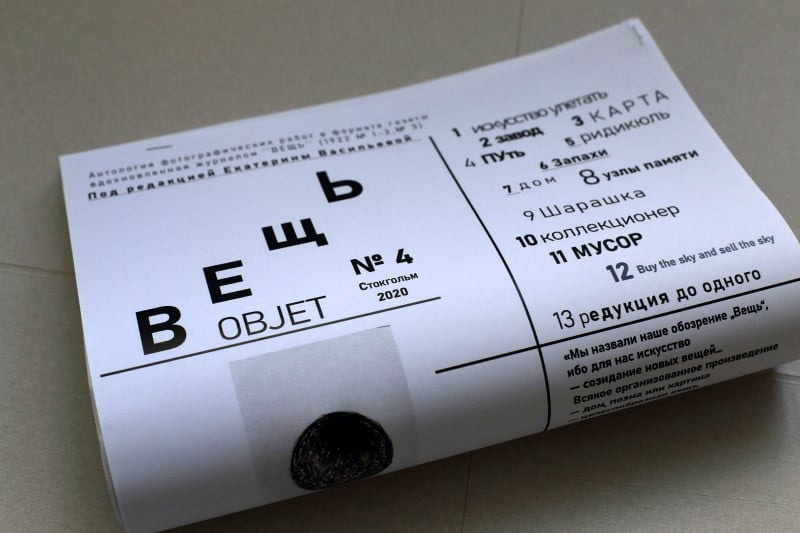
Inland Empire, 2019
I have been gathering my thoughts about the trip for a month. I read forums, opinions, hysterical attacks “everything’s lost”, “we’re all going to die”, etc. As I close articles on social media and start looking for ads on passenger transportation, I am greeted with all kinds of means of transport available, ranging from buses and taxis to ride-sharing, etc.
I am told that they will take me to the first checkpoint, and then its about 6 km on foot across the bridge, and on the second route, 600 m on foot as well. After that, we take another car. We agree upon a weekday, departure is at 1 AM, in order to pass quicker, before the influx of people. I look at the map: a tiny isthmus is connecting Crimea to the mainland and that’s it.
The north-steppe part of the peninsula, with mysterious, blood-red shores and salt marshes. In 1922, a settlement was founded here for the Jewish people and was called the 40th district. During the Russian-Turkish war, this strategic place provided ways for the Russian army to retreat to the mainland. During the Civil War and Great Patriotic War (World War II), bloody battles took place in the Chonhar area. After that, the life of this strange land returned back to square one: the locals fished in Syvash, dried, smoked and carried it out to “privoz” a local market. During winter, large pink salt and therapeutic mud in buckets were collected. But everything changed in the winter of 2014.
Chonhar, Kalanchak, became the border, a point of real and unreal, because people don’t believe what is happening to this day, thinking that this is some kind of dream and it will end soon. Departure from Simferopol, before dawn a fog lies in the fields, that expresses my condition: I’m going for the first time, I heard a lot of “experienced” stories: how to look, what to say, which documents to show, and which ones to wrap in white sheets. Everything is unpredictable: queues, questions about the purpose of the trip, the time of passing the checkpoint.
The fog gradually dissipates and the sun appears, I surrender with my anxiety with the words “it will be as it will be” and just look out the window. I’m passing the first checkpoint, stack my documents and in front of me opens up a road 4 km long, to the right and left of this road is the Syvash lake: a mass of all kinds of birds, migratory and local, foxes, running out onto the road. If it were not for the barbed wire and mined fields with guns at the entrance, I would have thought that I ended up in a nature reserve.
What brings me back to reality is the long line of cars with Ukrainian license plates, from which children’s crying is heard, persuasion to be patient, swearing between drivers. I ended up in something like a “red room” where time seemed to stop, no cellular connection, you can’t leave it by your own will, only walk to the end through the other door.
The only thing anticipants are left with is endlessly look out the window expecting a familiar face to appear from behind the fences. A feeling of deliberately created obstacles that will eventually force you to make a choice not to go through this experience.
I feel a break between what’s mine and not, falling apart, but I continue to go to the next checkpoint, telling myself that I can only change myself and my perception, but not the situation. In memory of the place, I tore off a branch of sea lavenders and put it in my bag. This place is no longer outside, but has moved inward, separating me and turning out the inner anxiety with a sense of fear of the future.
The wildlife around, saffron-yellow and ochre dried herbs, shrubs of sea lavender and red marsh herbs, together with a taste of salt and the smell of iodine remind me that life goes on and we do as well.
